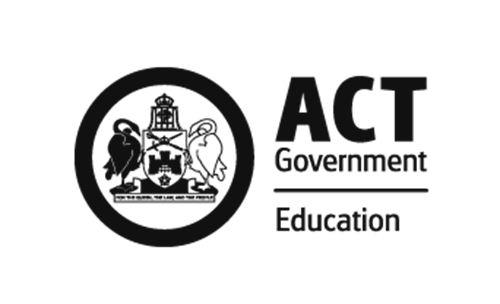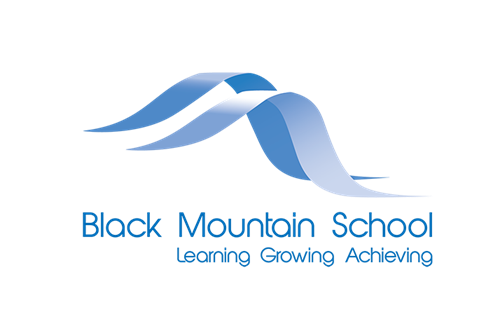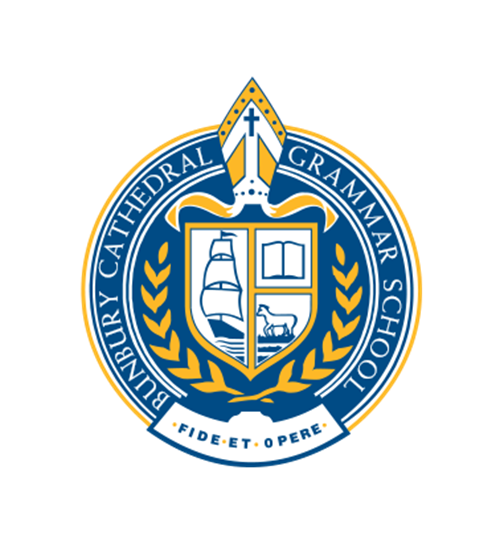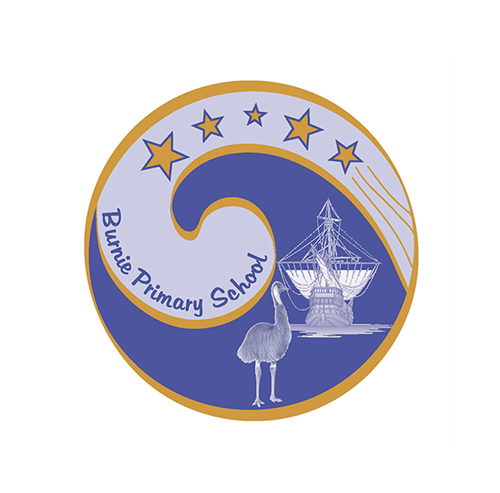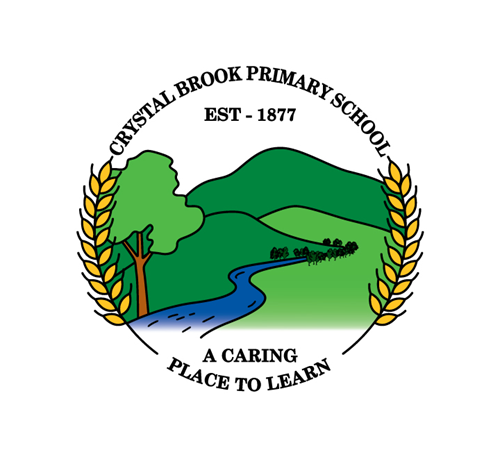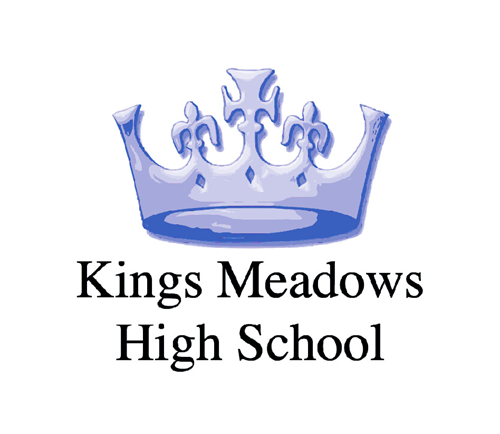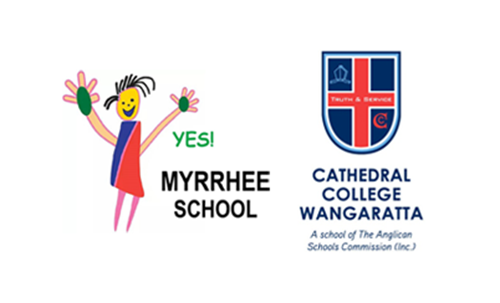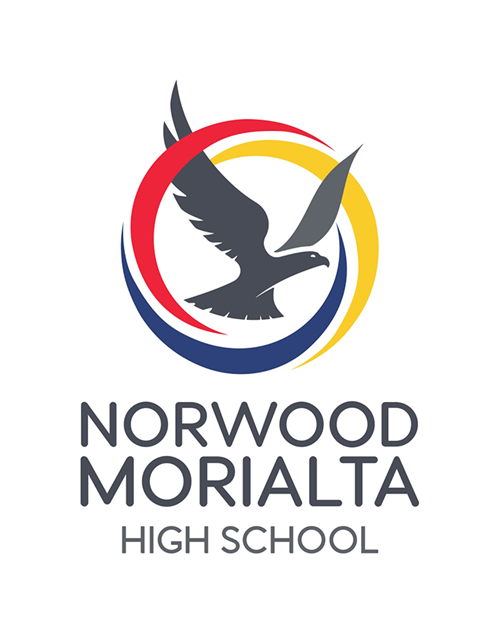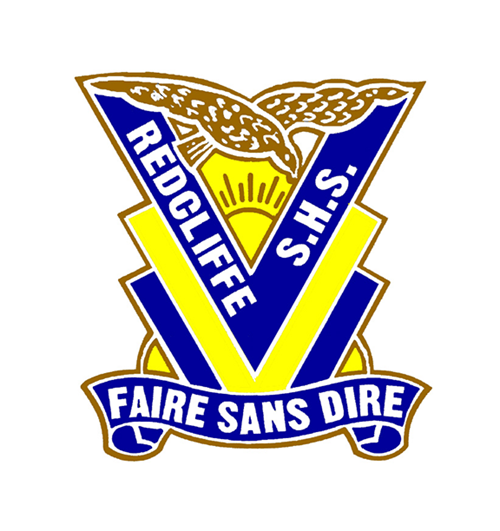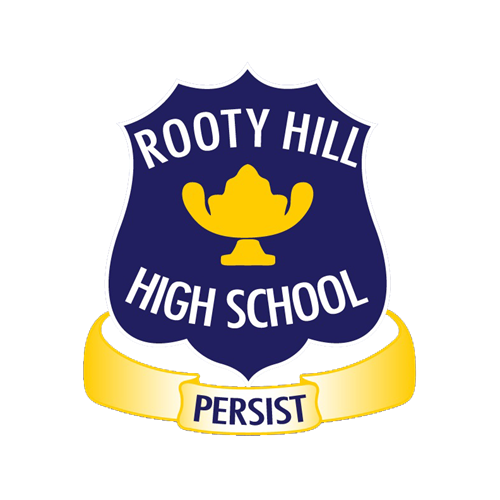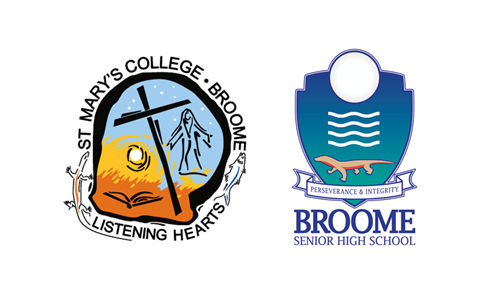Career education: Career Week, linking learning to real life opportunities
Hillman Primary School career education initiative mirrors the intent of the Australian Blueprint for Career Development (2010), which supports an informal approach to build on the natural curiosity and existing career-related perceptions of students. The school integrates concepts of career education and the knowledge, skills and dispositions described in the general capabilities of the Australian Curriculum.
The career education program provides an opportunity for primary school students to link learning to real life, and develop personal management, work exploration and career-building skills. Students gain an understanding about study and/or work options to enable their effective participation in a future working life that may follow several career paths.
Career education featured as a key component of the 2016–2018 Hillman Primary School business plan and is expected to continue into the next plan. Career Week and a Career Expo are designed to enhance students’ personal and career development and to inspire students to complete their school education to achieve career goals.
Hillman Primary School developed a career education program, to:
- provide a showcase of motivational and career opportunities to inspire students and broaden their thinking, in particular their choices for a career
- encourage positive community engagement in order to work together to maximise student learning outcomes
- provide strategies that help vulnerable students understand how their current educational and personal choices will affect their future life roles.
Organising structure:
- Career Week is coordinated by a school-based committee. This committee is drawn from interested teachers across different stages of schooling
- The program runs for one week in Term 4
- The Australian Curriculum acts as a springboard to promote and enhance career-related learning as teachers use age-appropriate activities and play to explore the working world.
Curriculum-based activities occur throughout the week to:
- explore authentic learning experiences or environments relevant to the world of work
- evelop personal values including confidence, coping with change, optimism for the future, resilience, perseverance, and receptiveness to new learning
- learn about the variety of work to encourage students to create visions of future careers.
Activities in the career education program include:
- workplace visits –companies and organisations host students to inspire career interest
- Career Expo – business and industry showcase career opportunities
- family career trees – students interview family members about their career choices and career history
- vision boards – students identify and plan for future careers
- ‘Career Street’ – play-based learning in the early years
In the illustration of practice:
Describe how the school uses the Australian Curriculum learning areas and general capabilities to develop a career education program.
Identify the school's approach to the key objectives of Future Ready: A student focused National Career Education Strategy.
How does the school identify and engage with a range of stakeholders in the development of their career education program?
In your school context:
Identify how a school-based career education program would benefit your students.
What aspects of the Australian Curriculum could be included in your school-based career education program?
What elements of the Future Ready: A student focused National Career Education Strategy would you include when developing your school-based career education program?
How would you identify and include appropriate community stakeholders when developing a school-based career education program?
 Hillman Primary School website
Hillman Primary School website